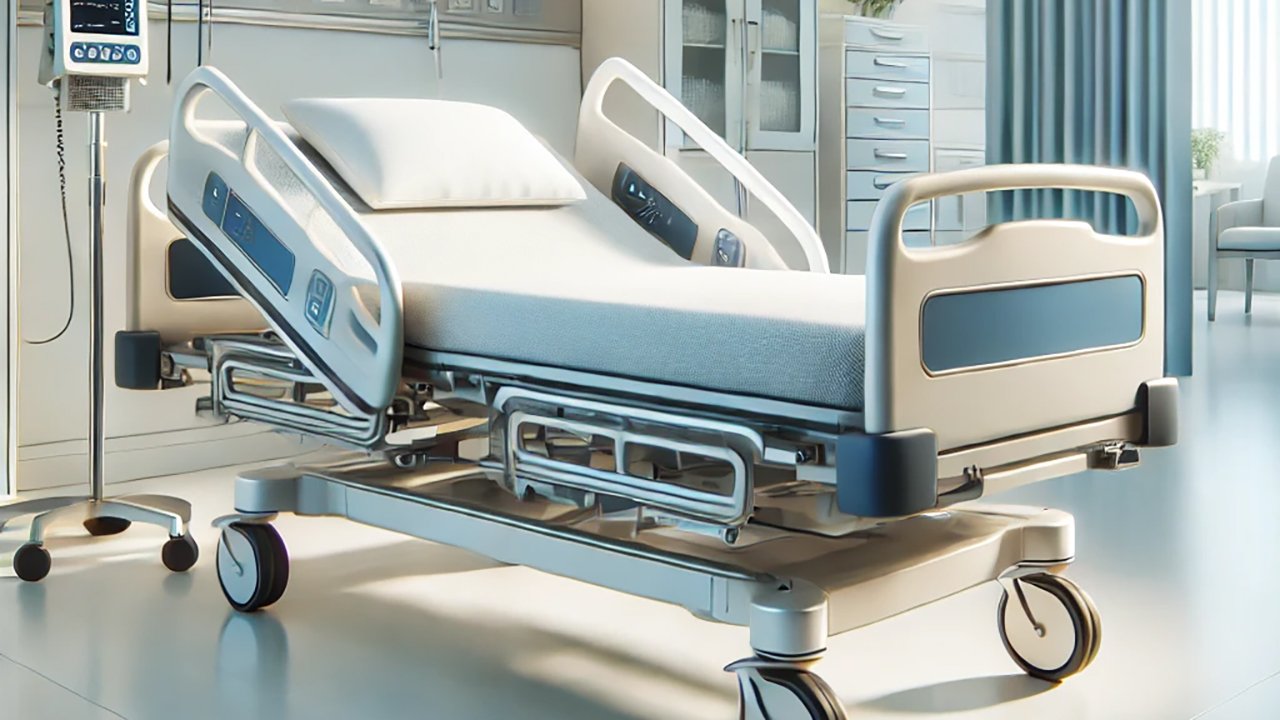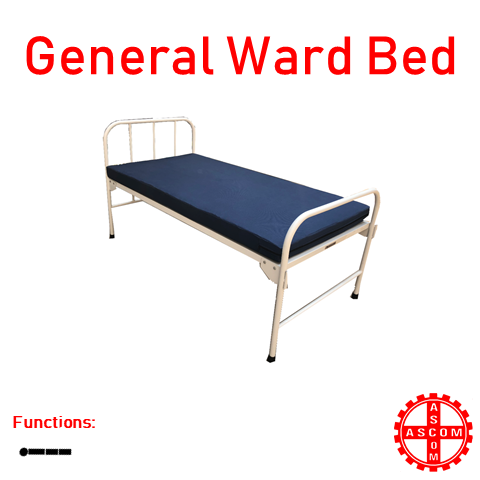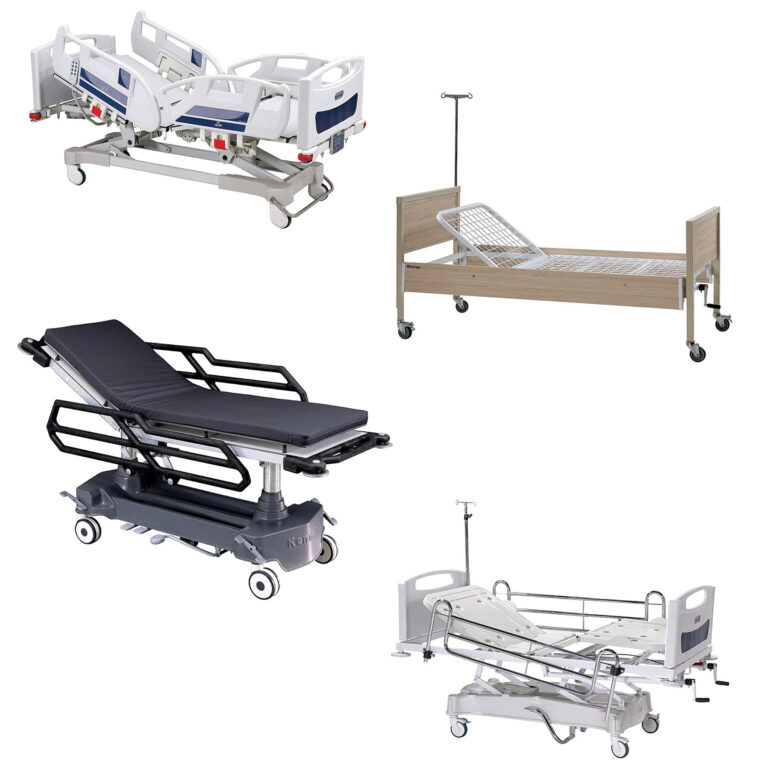The Hospital Beds For Home Use Statements
The Hospital Beds For Home Use Statements
Blog Article
The smart Trick of Hospital Beds For Home Use That Nobody is Discussing
Table of ContentsA Biased View of Hospital Beds For Home UseThe Main Principles Of Hospital Beds For Home Use Hospital Beds For Home Use - The FactsThe Best Guide To Hospital Beds For Home UseThe 15-Second Trick For Hospital Beds For Home UseThe Basic Principles Of Hospital Beds For Home Use The 5-Minute Rule for Hospital Beds For Home Use
There are three primary types of hospital beds: guidebook, semi-electric, and fully-electric. These beds use hand cranks to readjust the bed's elevation and raise and decrease the head and the foot.
Semi-electric beds have an electric motor to elevate and decrease the head and foot parts of the bed (hospital beds for home use). Full-electric beds have an electrical motor that can increase the head and foot sections of the bed as well as the entire height and positioning of the bed.
Some Known Questions About Hospital Beds For Home Use.
There are numerous types of healthcare facility beds, each designed to satisfy certain patient requirements. Right here are some typical types: This is the most typical kind of healthcare facility bed, made for basic medical usage.
Reduced to the ground than a typical bed. This kind of bed is made for bigger individuals, with a broader frame and greater weight capability than a typical bed.
This kind of bed is created for seriously sick individuals who call for open tracking and specialized medical devices such as ventilators and infusion pumps. This sort of bed is designed for use during labor and distribution, with adjustable placements and functions to sustain the mom and child throughout the birth process.
The 9-Second Trick For Hospital Beds For Home Use
Multiple function and the accessories do broadening grip to different parts of the vertebra and the extremities without relocating the body. These are just a couple of examples of the types of healthcare facility beds offered. The details sort of bed used will certainly depend on the client's problem, clinical demands, and other variables.
Here is things you need to know. A one-function hospital bed is a medical bed that permits a client to relocate just the head or foot area up or down. A 2 feature health center bed usually refers to a sort of medical bed that has two adjustable functions to assist patients in hospitals or care facilities.

The 3-Minute Rule for Hospital Beds For Home Use
A 7-function ICU bed is a type of clinical bed that provides a number of adjustable features to support seriously unwell clients in an intensive care unit (ICU) (hospital beds for home use). The 7 features generally include: Back-rest adjustment: The back-rest can be gotten used to various angles to help the individual rest up or rest comfortably
Elevation change: The bed can be elevated or decreased to make it much easier for patients to enter and out of bed, and for caretakers to provide care. Trendelenburg setting: The whole bed can be slanted to advertise blood circulation and flow in the body. Reverse Trendelenburg placement: The bed can also be tilted in the contrary instructions to promote blood flow and flow in the upper body.
While more inexpensive than electric designs, these beds require physical effort for adjustments. The primary advantages of hand-operated beds are their affordability and reliability, as they don't depend on power. The need for manual effort can be a restriction in circumstances where quick adjustments are needed browse around this site or where caregivers deal with physical difficulties.
Hospital Beds For Home Use for Dummies
Semi-electric medical facility beds offer a balance of manual and electrical controls. These beds give an excellent middle ground between manual and totally electrical choices, offering ease of usage without the complete price of electrical designs.
Semi-electric beds are appropriate for individuals who require modest modifications to the head and foot sections but can handle without frequent elevation changes. This makes them a cost-effective remedy for those looking for comfort and comfort without the requirement for continuous repositioning. Completely electric medical facility beds feature electric controls for seamless modifications to the height, head, and foot sections.
Specialty health center beds, such as ICU beds, long-term treatment beds, and bariatric beds, are thoroughly made to resolve details clinical requirements. These beds supply tailored care for varied client groups, boosting both outcomes and convenience. In the complying with areas, we will explore the main types of specialized health center beds, describing their specific benefits and applications.
With years of experience in making electrical linear actuators - hospital beds for home use and close cooperation with the medical care market, TiMOTION is well-positioned to give trustworthy healthcare solutions. Our up and down integrated company takes care of every action of the manufacturing procedure, from design to actuator setting up, guaranteeing we deliver phenomenal worth and tailored services tailored to your certain needs
Hospital Beds For Home Use Fundamentals Explained

To discover more regarding incorporating these modern technologies into your items, call us today. Further reading:.
Data is sourced Read Full Report from the Medicare Expense Record. Accessed January 2025. Short-term acute treatment healthcare facilities have the greatest average number of beds at 187. They are the most typical kind of hospital in the united state and compose more than 50% of united state healthcare facilities. Children's hospitals have 178 beds generally and VA health centers typical 175 beds.

The Only Guide for Hospital Beds For Home Use
A healthcare facility bed is a bed made particularly for clinical objectives. It is not only an area for clients to rest, however also a platform for medical operations. Unlike average home beds, healthcare facility beds normally have adjustable attributes, which can assist in medical staff to make numerous modifications according to the requirements of individuals, such as changing the elevation, disposition, and assistance angle of the back and legs of the bed.
Report this page